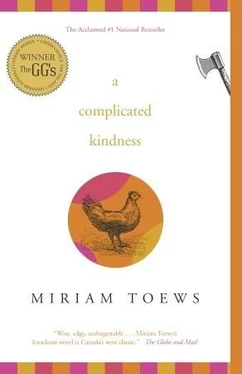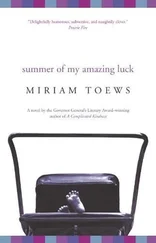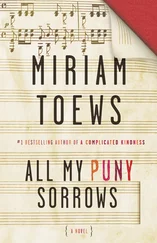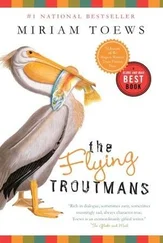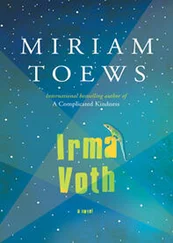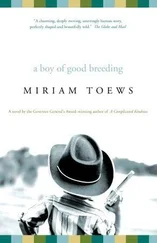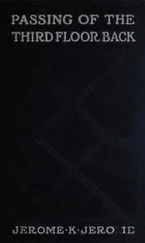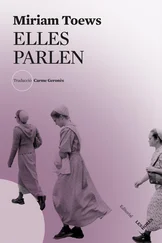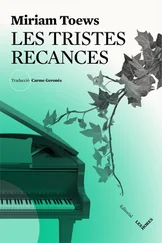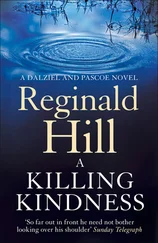One day I lit up a smoke and my bonnet, which protruded from my face stiffly like a pipe, caught on fire. The entrance of the tunnel leading to my face was in flames. I tried to untie it but couldn’t. I screamed and ran in circles around my ceramic urn until a quick-thinking tourist grabbed me from behind and plunged my head into a barrel of rainwater in front of the old general store. It was so vaudeville. I imagine everyone moving really fast and jerky in black and white.
Yes, yeah, that’s me, I said. Gloria scanned my face. No scars though, she said. I wanted to scream: THAT’S WHERE YOU ARE SO UNBELIEVABLY WRONG!
Yeah, well, I said. What’s a little inferno in your bonnet. The photo had been taken while I’d been on fire, before the dunking. It had been framed and mounted in the archival area of the new building, where you paid to go in. I don’t know why. The caption is: Young Pioneer, Naomi Nickel, learns valuable lesson.
Hey, said Gloria, do you hang out at the pits now?
Yeah, sometimes, I said. I shrugged.
No offence, she said, but I always thought you were straight-edge.
Mmm, yeah, well I was for a long time, I answered.
She said oh and smiled.
I could smell the wind coming through the open window behind her and it was like a present or a compliment or something. The sweetest winds blow over us Mennos sometimes, when the poultry massacre stops long enough for us to smell them, and they can literally stop you dead in your tracks and break your heart. It’s the certain smell of that wind and the sudden whoosh of heat that just undoes me. It’s a June wind, mostly. An embrace. (Did I just say embrace? Asshole.) I could smell it now.
You know what would have been nice, asked Gloria.
What, I said.
It would have been nice, she said wistfully, if our stoner periods had coincided.
I nodded again and smiled and said yeah, it would have been. I thought about taking her hand but other things happened instead. I wanted to stay in Gloria’s store and talk to her about soccer and anarchy and Marvin Fast and our childhood but I’d already walked over to the door and put my hand on it and said goodbye and it would have seemed pathetic of me to change my course. Walking along Main Street felt ominous. It was way too bright. This is what an autopsy must feel like, I thought. I could feel the sun burning holes in my retinas.
I walked past Tomboy and there was a new sign up in the window that said COME ON IN AND BURST A BALLOON. I wasn’t sure what it meant. A man in a cowboy hat carrying a baby walked past me and I said goodbye. The baby waved.
The wind was my best friend but I couldn’t smell it any more and I was glad because it was killing me. I said goodbye to everyone I passed and trudged towards the outstretched arms of George Harrison.
When I got to the lights I turned left on Second Avenue, past the post office. I dropped in on Mrs. Peters. She gave me home-made popcorn balls and I gave her the opportunity to talk about her dead son who, if he were alive, would be my age. I was her barometer. Although I was a girl, she used me to imagine what her son would be like if he hadn’t drowned when he was four years old. This had been going on for a while. It started in church when I was five or six and she leaned over one day and whispered: You fidget like my Clayton.
I saw his body in the coffin at Wohlgemuth Funeral Chapel. He wore light blue seersucker overall shorts and a white shirt with a Peter Pan collar and flat buttons with tiny yellow ducks on them. His hair was blond and slicked over to one side, and he had a bored expression on his face. There was a tiny scar near his left eye. I asked Mrs. Peters if I could touch his arm and she said yes. I asked her if she was sad, and she said yes again. I stared at him for a long time. I moved my small grubby hand slowly up and down his cool forearm. I think I felt him move, I told her. She said no. Other people came to look at him. She hugged them but they didn’t talk. She asked me if I was needed at home. I didn’t understand the question, and said nothing. Finally she suggested that I go home for supper because it would be dark soon.
She had chocolate puffed wheat balls this time. Clayton had loved them. She was older than most parents of kids my age. Even her husband had died, or been called home, and her other children lived in Bolivia and Akron, Pennsylvania. I changed a light bulb for her and cut her bangs after she wet them in the kitchen sink. She had all-white appliances in her kitchen because she said that coloured stoves and fridges were pre-sins, like pre-cancerous cells. Same with touch-tone telephones and soft-top cars.
I can’t believe he’d be graduating from high school already, she said. What will you do afterwards, she asked me.
I moved her wet hair to one side like Clayton’s. I don’t know, I said. (I did know. Hello, abattoir!)
No, I don’t imagine he’d have known either, she said.
Was he like that, I asked.
In some ways, she said. But not in others. I nodded. She told me she liked her hair to be asymmetrical.
That’s a good choice, I said. That’s my signature cut.
Clayton would have liked this too, she said. She was pointing at a thin piece of leather I’d tied around my wrist.
Yeah? I said.
She said yes, he would have. Very much.
When I was done cutting she got up and looked at herself in the toaster. Perfect, she said. Thank you.
She got a broom out of the pantry and started sweeping up the bits of feathery white hair.
What do you do these days, she asked me.
I didn’t want to tell her the truth. I didn’t want her to imagine Clayton doing what I did. Well, I said. I walk around a lot.
Do you enjoy it, she asked me.
Sometimes, I said.
Clayton liked to run, she said. She told me how he’d been running down the sidewalk one day and had tripped on his new shoes which she’d bought a couple of sizes too big, for the savings. He had a hole in his head the size of an Aspirin, she said. At the hospital he’d been so brave. When they asked him his name he’d said: My name is Clayton. Clayton Peters. The real Batman.
What did they say when he said that, I asked.
They said next time he was in such a hurry he should take the…what did they call it?
The Batmobile, I said.
That’s right, she said. The Batmobile.
Did he get stitches, I asked.
Yes, she said, right here. She touched her temple.
How many, I asked. She loved to answer questions about Clayton.
Was it three or four, she wondered. Three, I think, she said. I lifted my shoulders and held them for a few seconds near my ears before letting them drop.
She said something in the odd unwritten language of our people, a language that is said to sound vaguely Yiddish.
Can you translate that, I asked.
She thought. Then she said: I don’t know. I just don’t know. To the point of knowing I will never not know as much about something as what I don’t know about him.
She smiled. I can’t wait to see him in heaven, she said.
I said yeah and looked at my feet. Will he recognize you, I asked.
Of course he will, Nomi, he’s my son.
But I mean you’ll have aged, right, I asked.
Oh no, she said, I’ll be young again.
But I mean, how young, I asked. Young like when you had Clayton? Or young like…
Don’t worry, she said, we’ll recognize each other. God will make sure of that.
Who would you say hi to first, your husband or your son, I asked.
Oh, now that’s a good question, she said.
What if you had remarried, I asked her. And that husband had died too, and then when you got to heaven there would be your son, your first husband and your second husband. That could be awkward, eh? Like, who would you live with?
Читать дальше
